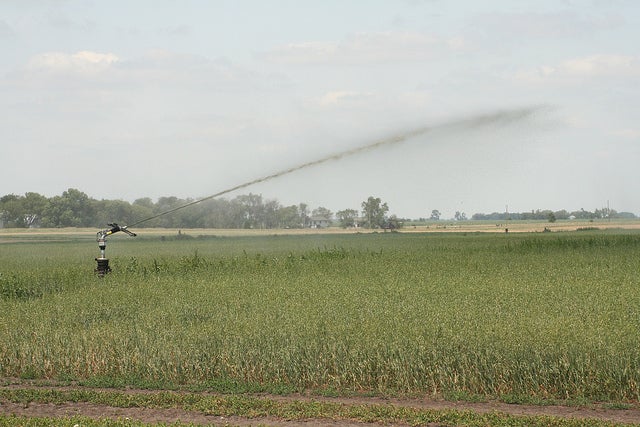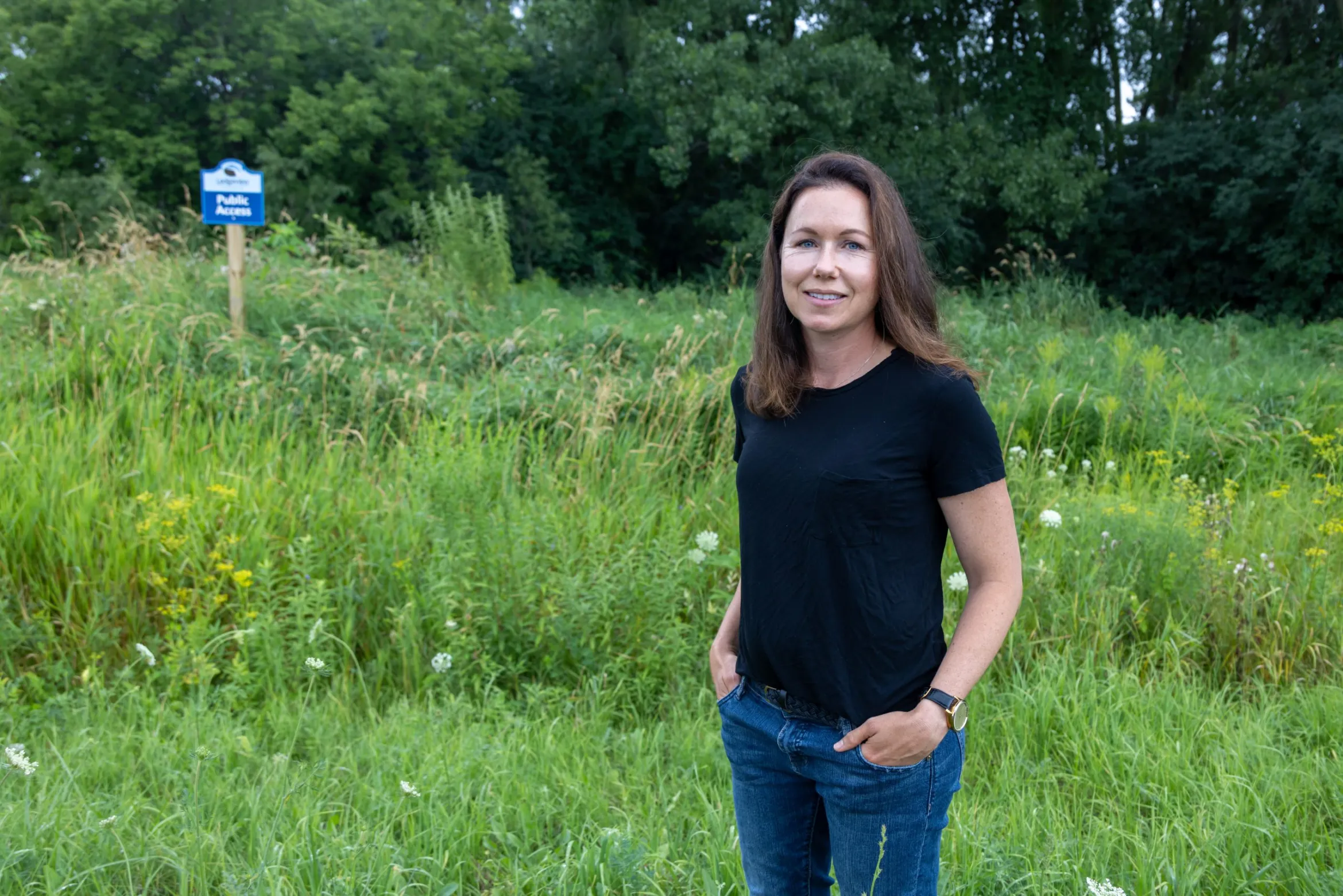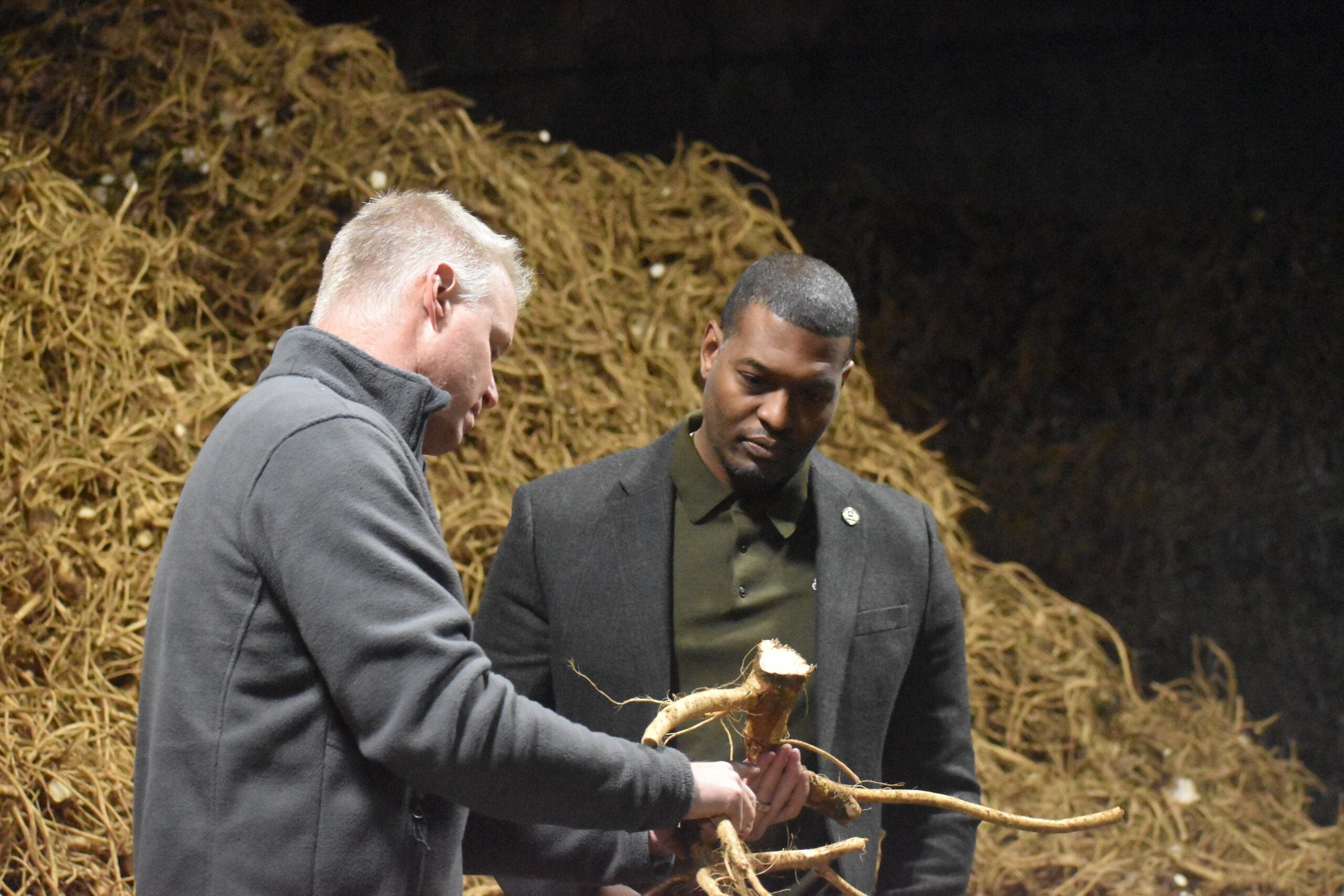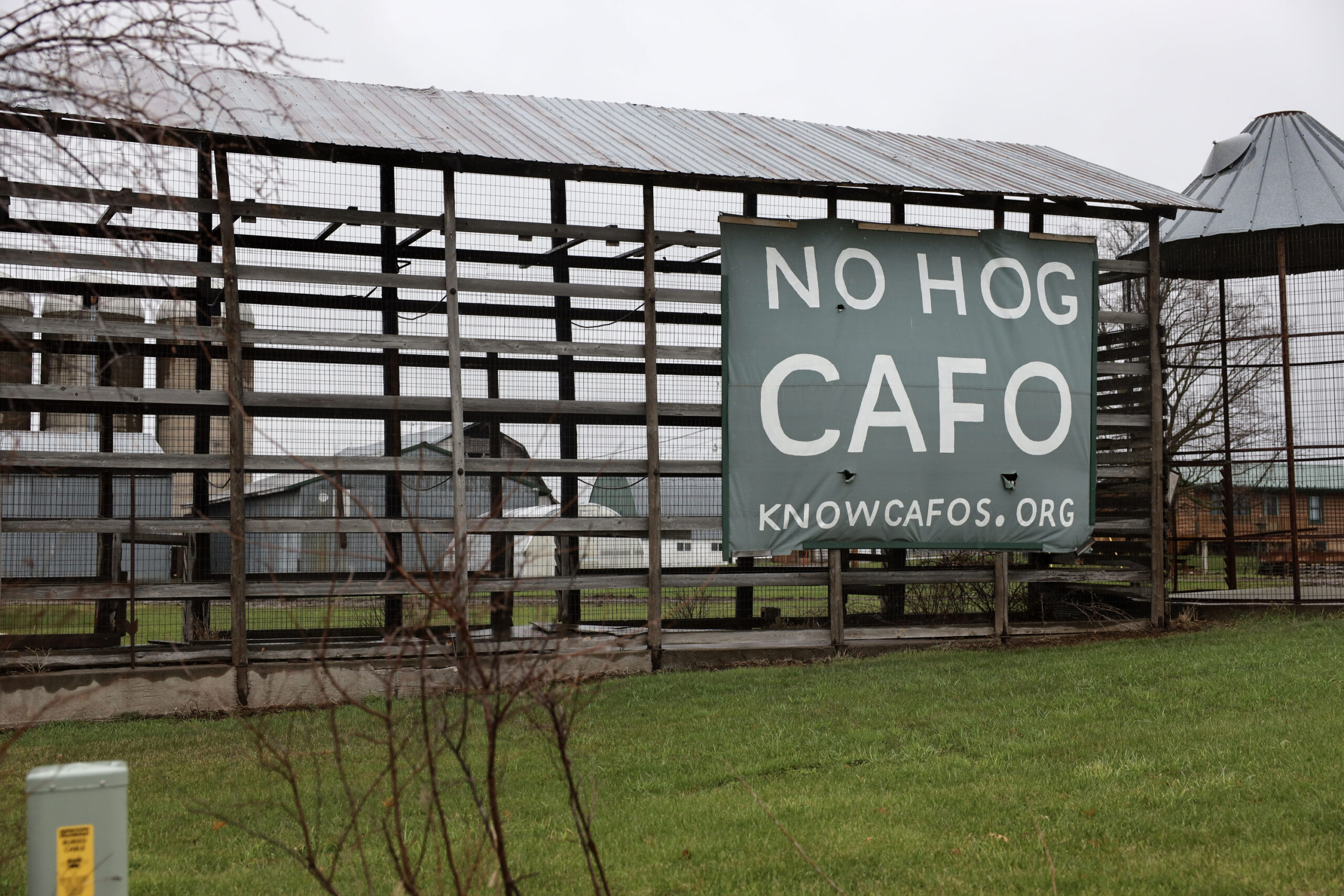A report on the spraying of manure at Wisconsin farms recommends ways to reduce health and pollution concerns.
Some farmers are using gun-like devices or rolling booms to shoot liquid manure onto their fields. A panel led by the University of Wisconsin-Extension has been studying the manure irrigation issue for nearly three years.
Biological waste specialist Becky Larson co-edited the new report and said manure irrigation has risks that can be reduced.
Stay informed on the latest news
Sign up for WPR’s email newsletter.
“For example, you can control how fast these systems move, what kinds of pressures they’re at. The nozzle types,” Larson said. “You can also use computerized systems which can have automatic shutoffs.”
But the panel didn’t reach consensus on some issues, and Kewaunee County member Lynn Utesch wants his name taken off the report. Utesch said for one thing, the panel didn’t look at the potential negative economic impacts of manure spraying.
“What is actually happening with the home values? The tourism, is it going to be diminished because of the odor issue, and also the perception of what the community is because of what is taking place?” Utesch said.
UW-Extension officials said the Manure Irrigation Workgroup looked at odor concerns, as well as water and air pollution, and the potential spread of bacteria and other pathogens that could lead to acute gastro-intestinal illness.
Extension officials said the report is designed to help citizens and policy-makers with decisions about manure irrigation.
Wisconsin Public Radio, © Copyright 2024, Board of Regents of the University of Wisconsin System and Wisconsin Educational Communications Board.







